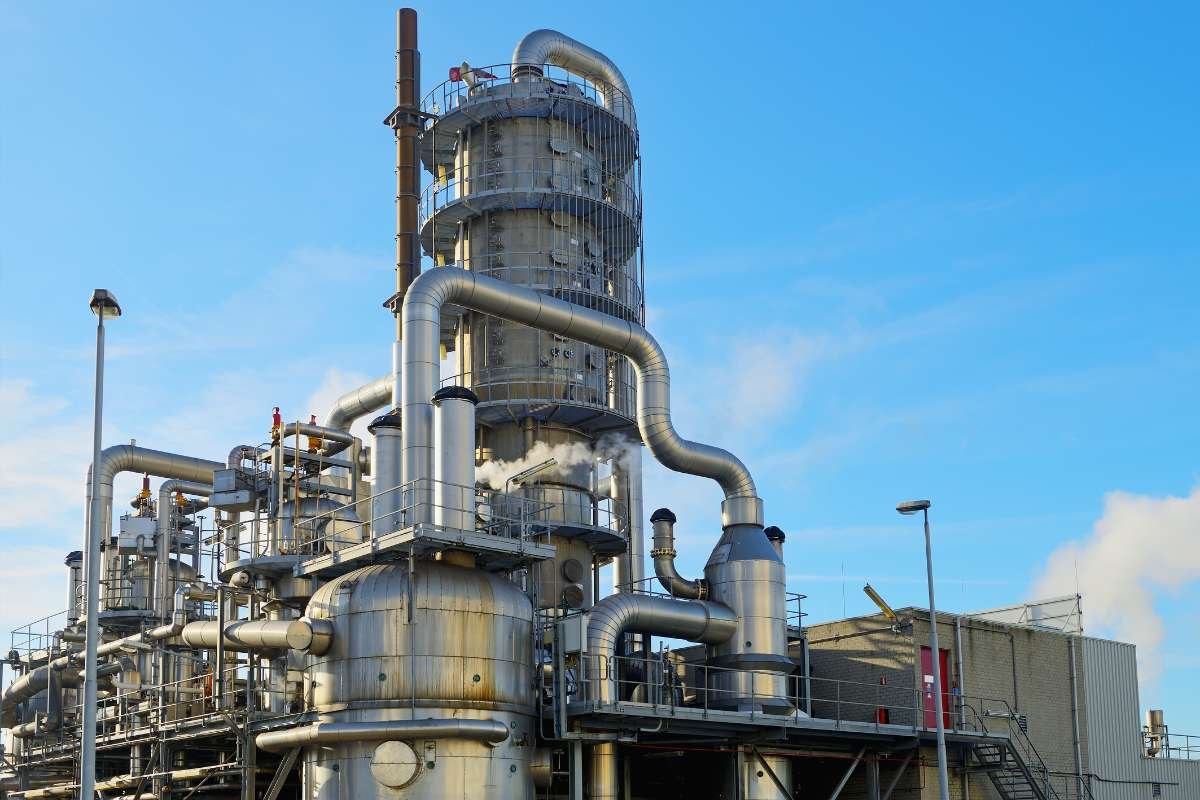The distillation industry has a history and has undergone notable changes throughout time due to the influence of modern technology. This technology has revolutionized the traditional practice by introducing efficiency and innovation as key elements in the craft’s evolution over generations. By adopting these technologies, such as the distillery systems software, distilleries have enhanced their production processes, upgraded quality control measures, and broadened their market presence. This article delves into the impact of advancements on today’s distillery operations, shedding light on what lies ahead in this vibrant sector.
Here Are The 5 Impact Of Technology On Modern Distillery Systems:
1. Automation in Production
Automation has played a significant role in distilleries by optimizing various operations and reducing manual workloads. Through the adoption of automated technologies with the distillery systems, distilleries have attained improved consistency in their offerings. Machines now handle tasks that once relied on human involvement, such as fermentation, distillation, and packaging. This transformation enables finer regulation of every step in the manufacturing process, leading to the creation of top-notch alcoholic beverages.
2. Advanced Quality Control

Improvements in quality control have advanced significantly due to technological enhancements. Advanced sensors and monitoring tools are pivotal in ensuring quality during production. These devices enable the collection and real-time analysis of data, facilitating quick adjustments when needed.
Modern software systems also monitor the progress of each batch to ensure they accurately meet specifications and standards in distilleries today. This technological supervision helps identify potential problems, avoid expensive recalls, and preserve consumer confidence. By utilizing these resources, distilleries can ensure top-quality products that satisfy customer demands.
3. Sustainability and Eco-Friendly Practices
Many industries are now focusing on sustainability, and the distillery systems industry is no exception. Distilleries are adopting technologies that support eco-friendly practices within their operations. Energy-saving tools and methods used in distilleries have helped reduce their carbon footprint and encourage a sense of environmental responsibility among producers.
For example, heat recovery systems repurpose energy to reduce waste and lower costs. Efforts in water conservation are also significant, with innovative filtration methods helping to limit water usage. By implementing sustainable practices, distilleries can reduce their environmental impact and attract environmentally conscious consumers.
4. Data-Driven Decision Making

The utilization of data analysis has proven valuable in the distillery systems industry, as it enhances decision-making by providing informed and efficient processes. Through the collection and analysis of datasets, distilleries can gain insights into customer preferences and market trends. These valuable insights empower producers to tailor their products to better align with the demands and preferences of their customers.
5. Enhanced Customer Engagement
Advancements in technology have transformed the way distilleries interact with their customers by opening up new avenues for engagement and connection. In today’s digital age, social media platforms, along with websites and mobile apps, play a significant role in facilitating direct communication with consumers. This helps build brand loyalty and awareness as distilleries use these platforms to tell their stories, introduce products, and seek feedback from their audience.
Moreover, virtual tours and online tastings offer opportunities for clients to connect digitally. These advancements allow customers to gain a deeper understanding of the distillation process, enriching their appreciation for the artistry involved.
Challenges and Opportunities

While technology offers many advantages, it also poses challenges for distilleries to overcome in today’s landscape. Adapting to new systems demands financial investment and training efforts that could pose a strain on smaller establishments. Additionally, finding the right balance between embracing innovation and preserving traditional practices presents a challenge, as there are enthusiasts who hold the artisan craft of distilling in high regard.
Nevertheless, these obstacles also present opportunities for growth and differentiation for distilleries that can effectively blend technology with tradition. This fusion can position them favorably in an increasingly competitive market.
Conclusion
Advancements in technology play a significant role in reshaping the landscape of distilleries by opening up new avenues for development and creativity. With automation and data analysis leading the way, the industry has seen transformations in production processes, customer interactions, and quality assurance. By embracing these shifts, distilleries can stay ahead in a dynamic market environment. As technology evolves, the distillery sector is poised to embrace change and flourish by combining age-old practices with modern innovations, ensuring a bright future ahead.








